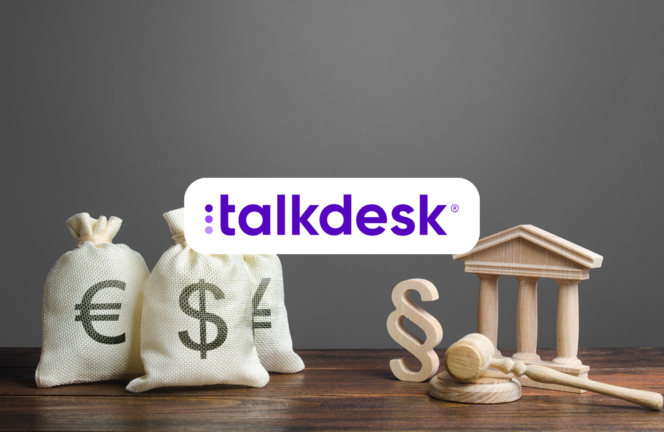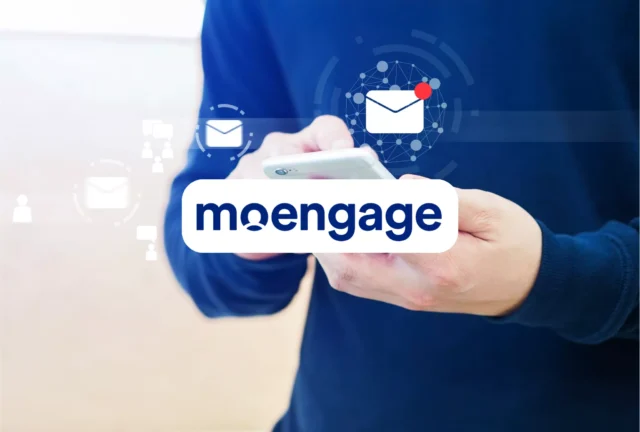Have you made any impulsive online purchases recently, and how often do you regret them? Once that initial high wears off, the buyer's remorse kicks in.
According to a recent survey by SimplicityDX, as many as 48% of consumers engaged in unplanned online purchases recently, while 56% expressed regret regarding their impulsive buying decisions.
In its commerce study titled "The Impulse Trap," the edge shopping company SimplicityDX showed that among the 1,000 online shoppers surveyed in the United States that had recently made an impulse purchase, 45% chose to retain the product despite their feelings of regret regarding the impulsive buying decision.
“Impulse purchases are bad for shoppers and bad for brands. More than half of impulse shoppers aren’t happy, and brands often see higher product returns and damage to their brand image. It gets worse because 39% of consumers will then share their negative experience with friends or on social,” explained Charles Nicholls, industry veteran and analyst at SimplicityDX Academy.

Why do consumers regret their purchasing decision?
When delving into the causes behind the consumer's regret linked to impulse buying, 36% expressed that their dissatisfaction stemmed from poor quality. Another 26% mentioned that the product didn't match the appearance shown in its online image.
Moreover, around 25% said that they ultimately didn't have a genuine need for the product or wouldn't make use of it, while 23% cited their perception of the purchase as being of poor value. Additionally, 20% indicated that the product's fit was unsatisfactory, while 17% highlighted that their decision was influenced by an inability to comfortably afford the item.
Why not return the products?
Findings from prior research conducted by SimplicityDX Academy shed light on the reasons why more respondents didn't return the products. Around 23% of shoppers who made purchases on social platforms expressed uncertainty about how to initiate the process of returning items for a refund. Moreover, the act of returning products acquired through social media channels tends to carry many difficulties. Additionally, only 17% of consumers showed a willingness to make purchases on social media again, after returning a product.
Interestingly, research carried out at SimplicityDX Academy reveals that the likelihood of a first-time website visitor committing an impulse purchase is relatively low, at just 0.25%.
“Impulse purchases on social media are not good for brands in other ways too: these sales don't result in new customers being acquired, rather products sold to anonymous dissatisfied buyers. The secret to brand profitability is building a base of customer fans that come back to buy again and again, and tell their friends. This requires delivering on the promise every time. It also needs a direct relationship with the customer to drive those critical repeat sales that unlock profitability,” continued Nicholls.
Key strategies
Research highlights the imperative for marketers and digital agencies to enhance the customer experience journey from initial discovery on social platforms to the ultimate purchase on retail brand websites. Key strategies are the following:
- Channel traffic directly to the brand's e-commerce site for purchasing.
- Stay clear of promotions that encourage immediate buying within ads, as these can trigger impulsive purchases and subsequent regret.
- Put emphasis on the measurement of Customer Lifetime Value, recognizing it as a pivotal metric.
- Establish a seamless connection between social media and commerce by making use of social storefronts.
- Ensure a consistent alignment between the imagery on social media campaigns and one featured on e-commerce platforms to prevent failure to meet expectations.









